Digital transformation is on the agenda for governments at every level, commonwealth, state and local.
The goals are wide and varying, ranging from how government procures technology solutions to how it engages citizens and organisations.
The need for digital transformation is clear
Almost all government departments provide grant funding to public and commercial entities and other organisations to achieve policy outcomes.
These grants impact every part of our community. They are a critical part of modern public policy delivery, and the sums of taxpayer money involved can be significant. Yet for all the attention given to public spending governments face challenges to supporting efficient and transparent grant management.
Data is at the Center
In 2013 the Queensland Audit Office reported on the state of the Queensland government’s approach to grant management. It recommended that government improve funding program management, better monitor who received funds and whether the benefits were realised.
It also recommended improvements to the efficacy of governance and reporting. It found lack of systems, poor interoperability, outdated software and artificial barriers to sharing all contributed to shortcomings in grant program management.
This resulted in organisations receiving multiple grants, duplicate payments and insufficient payment monitoring. Funds were spent but monitoring was insufficient to determine if funds were spent as intended. Digital transformation offers the opportunity to address these issues by improving grant management starting with data.
Through a focus on data, standards and interoperability, software solutions can effectively support the need to monitor, measure, share and report.
It adds up to pretty big dollars
In Queensland alone direct grants to other level of governments, private and public organisations, and individuals is budgeted at $6.799 billion for 2016-17.
Queensland is not alone in addressing the Audit Office findings to improve grant program management. Many other jurisdictions share the same issues. Acting on the Audit Office findings through digital transformation can transform grant programs. A focus on data standards will enable and encourage adoption of grant management systems that support the needs of policy makers and other stakeholders.
They can systematically analyse their programs to address risks, waste and spending activity by recipients. They can improve grant programs to better report on benefits realised.
Addressing data is at the core of realising benefits, and improving governance and reporting, whether it’s better data collection from applicants, better analysis of program data or greater system interoperability to share data across programs and departments.
It all adds up to a better understanding of how your grant money is really spent.


